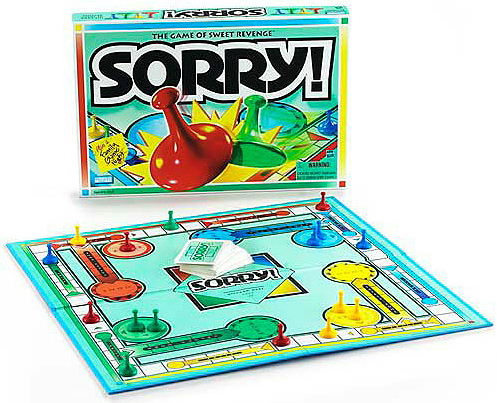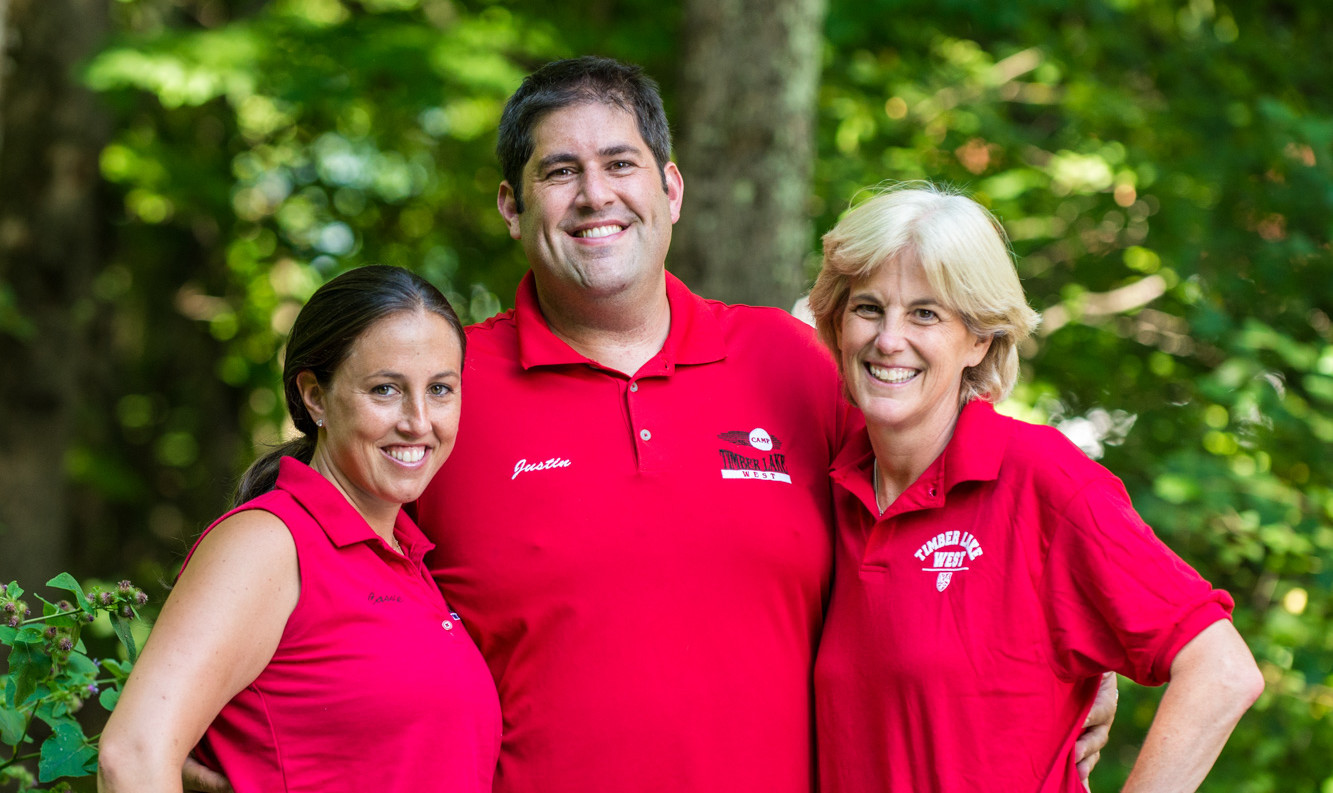Is There A Better Way to Say “Sorry”?
For years, many of us have heard it is not enough to give praise. For praise to be effective, you have to be specific. Simply saying “good job!”can lead to a lot of eye rolling. It is important to why it is a good job. “I really like the way you took control of the group and held their attention for the entire period; good job!”. Michael Brandwein, a professional speaker, educator and author, calls this “puke proof praise”, being specific eliminates the eye rolling and the lack of sincerity in the praise being delivered.
So, what does this have to do with apologizing? If being specific and sincere works when giving praise, shouldn’t the same be true when saying sorry? It turns out it is! The proper way to apologize is a specific four pronged approach:
1) I’m sorry for…
2) This is wrong because…
3) In the future, I will…
4) Will you forgive me?
This works because the person apologizing definitively acknowledges what exactly they are sorry for and what specific actions they will take to help prevent it from happening in the future. More importantly they ask for forgiveness, so they can try and restore the friendship.
The following points are important to remember for each step:
1) I’m sorry for…: Be specific. Show the person you’re apologizing to that you really understand what they are upset about.
Wrong: I’m sorry for being mean.
Right: I’m sorry for saying that nobody wants to be your friend.
2) This is wrong because…: This might take some more thinking, but this is one of the most important parts. Until you understand why it was wrong or how it hurt someone’s feelings, it’s unlikely you will change. This is also important to show the person you hurt that you really understand how they feel. Sometimes, people want to feel understood more than they want an apology. Sometimes just showing understanding– even without an apology– is enough to make them feel better.
Wrong: This is wrong because I got in trouble.
Right: This is wrong because it hurt your feelings and made you feel bad about yourself.
3) In the future, I will…: Use positive language, and tell me what you WILL do, not what you won’t do.
Wrong: In the future, I will not say that.
Right: In the future, I will keep unkind words in my head.
4) Will you forgive me? This is important to try to restore your friendship. There is no rule that the other person has to forgive you. Sometimes, they won’t. That’s their decision. Hopefully, you will all try to be the kind of friends who will forgive easily, but that’s not something you automatically get just because you apologized. But you should at least ask for it.
Issuing a real and meaningful apology is a better way to say “sorry”.
Read the full article here.











